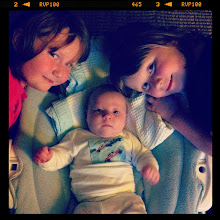This week's reading - Asa Briggs and Peter Burke, (2002). Convergence. In A social history of the media: from Gutenberg to the internet.
My initial response to this reading is an immediate sleepy feeling. I found this reading very hard-going - lengthy and not particularly interesting. But, trying to take something from the reading...
Convergence - "the coming together of media and telecommunications industries", "the development of digital technology, the integration of text, numbers, images and sound" and my favourite "the tendency for everything to become more like everything else".
Cable TV - "an electronic communications highway for a wired nation"
Interactive TV - "the ultimate big convergence"
The Telecommunications Reform Act of 1996 was developed with the purpose of deregulating the industry to open it up to increased competition and new investment.
Unprecedented advancements in technology meant that information was more widely available than ever before - an increasing number of people had access to information, this information was more current and this information was available in an endless number of formats. But has this shifted to focus upon the quantity of information as opposed to the quality of information?
Digitilisation has presented great opportunities but has it addressed the historical issue of content? We have access, but access to what exactly?
Some links related to this week's topic...
http://www.tamaleaver.net/ - Dr Tama Leaver's digital culture blog
http://toddgitlin.net/ - website of Todd Gitlin, author of many books including The Whole World is Watching and Media Unlimited.
Monday, August 10, 2009
Subscribe to:
Post Comments (Atom)

No comments:
Post a Comment